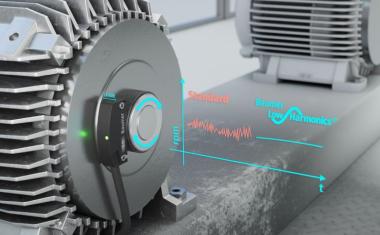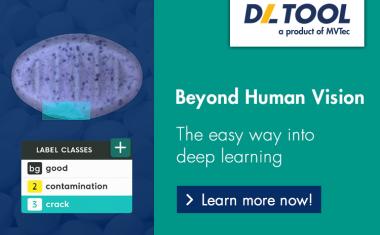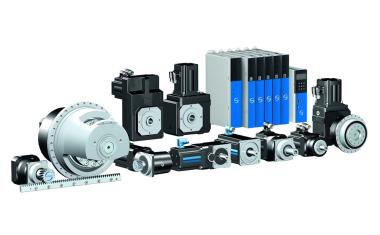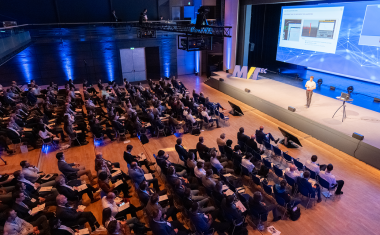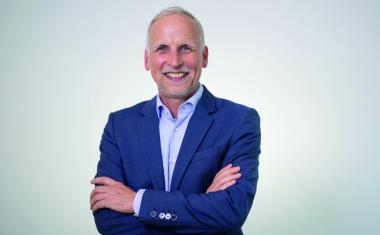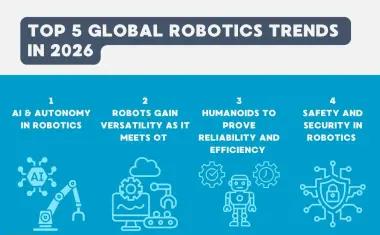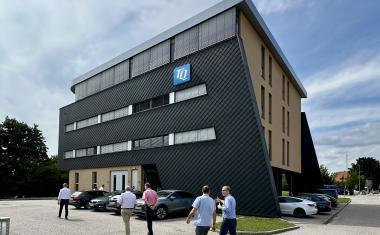Towards diamond spin photon-based quantum computers
The quantum processor being developed in “Spinning” is capable of operating with low cooling requirements. Thus, it may be implemented in close proximity to classical computer systems, enabling scalable and hybrid computer architectures.
On the way to applied quantum computers: In the “Spinning” project, national experts from science and industry are working on a compact, scalable quantum processor based on spin qubits in diamond that can be connected to classical computers. With this approach, the project aims for an important contribution to the German quantum technology ecosystem. The BMBF is funding “Spinning” with 16.1 million euros. Fraunhofer IAF is coordinating the project in which 28 partners are working together.

The joint diamond spin-photon-based quantum computer project, launched in January, aims to develop the demonstrator of a quantum processor as well as the peripherals needed to connect the processor to classical computer systems. The project duration is three years. Compared to today’s quantum computers, the planned hardware features longer operation times and smaller error rates as well as low cooling requirements. The quantum processor will initially be able to compute with 10, and subsequently with 100 qubits and more, and would thus be able to predict the products of complex quantum chemical reactions.
Although nowadays there are various approaches to realize qubits and quantum computers, their development is still in an experimental stage. Therefore, innovative approaches for compact and scalable quantum processors are crucial on the way to a reliable application of quantum computers.
Within the framework of “Spinning”, the project partners are exploring and demonstrating a scalable, universal quantum processor based on spin qubits in diamond. This features a novel networked and hybrid design. “One of the goals of our work is to ensure reliable operation of such an innovative quantum computer and to create a periphery to make the computing power available to a broad group of users, for example via cloud computing,” explains Prof Rüdiger Quay, project coordinator and executive director of Fraunhofer IAF.
The IAF, based in Freiburg, is leading the consortium consisting of six universities, two non-profit research institutions, the five companies Diamond Materials, NVision Imaging Technologies, Qinu, Quantum Brilliance, and Swabian Instruments, as well as fourteen associated partners – ten of them are companies.
Also of interest: Quantum diamond biomarker detection – targeting simpler, faster and ultrasensitive medical diagnostics; (Element Six, QDTI), PhotonicsViews 19(1), February/March 2022




